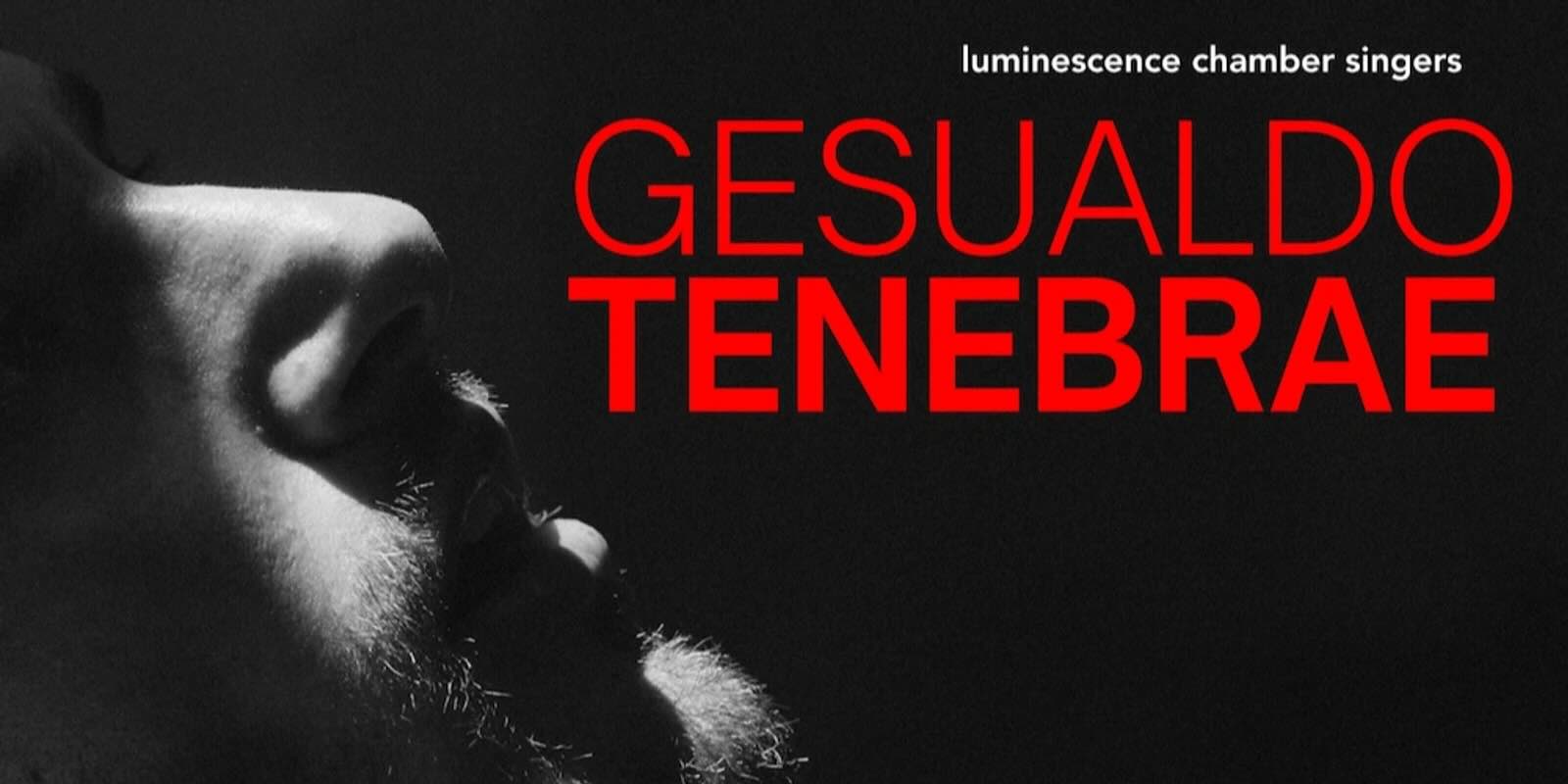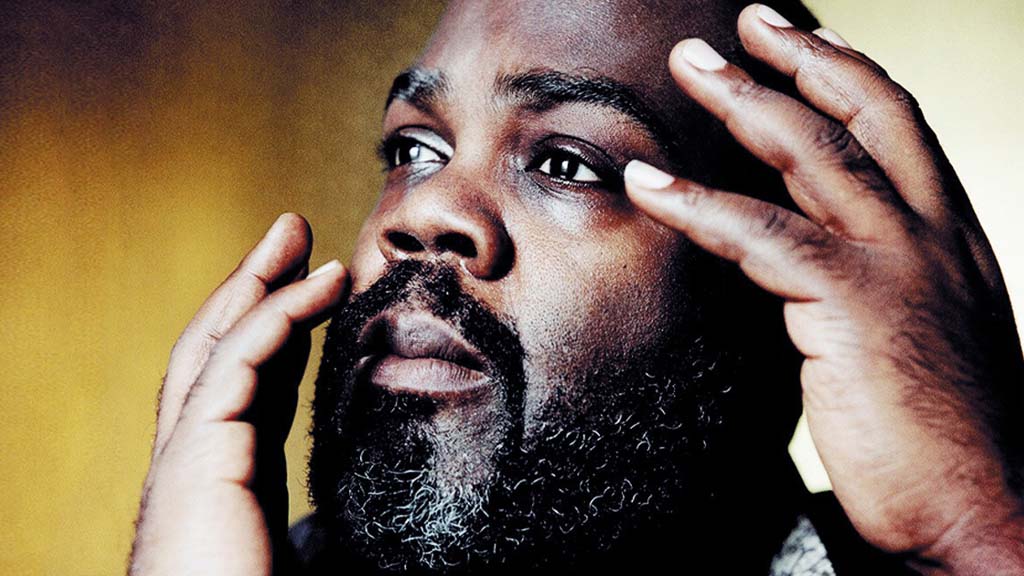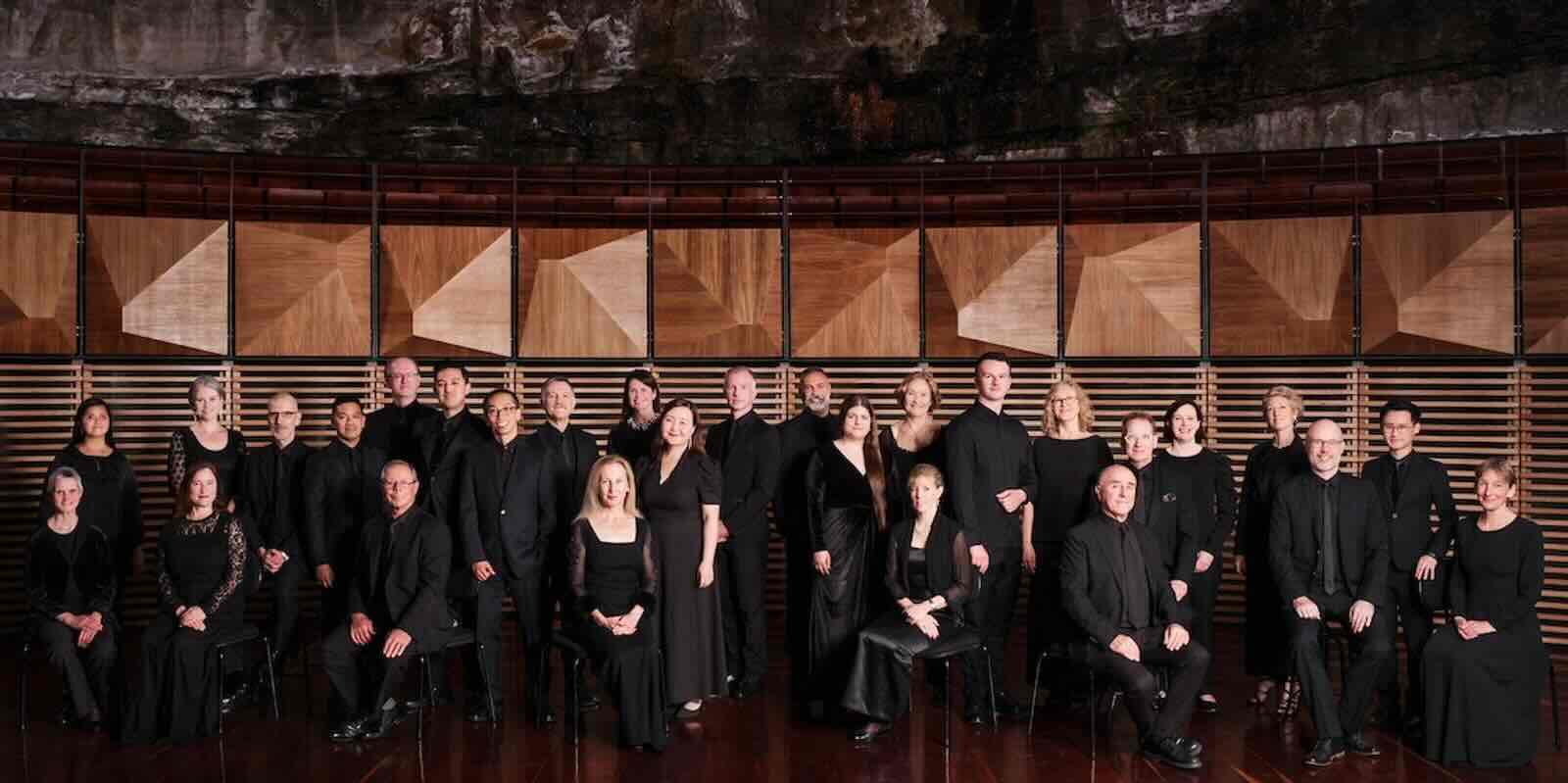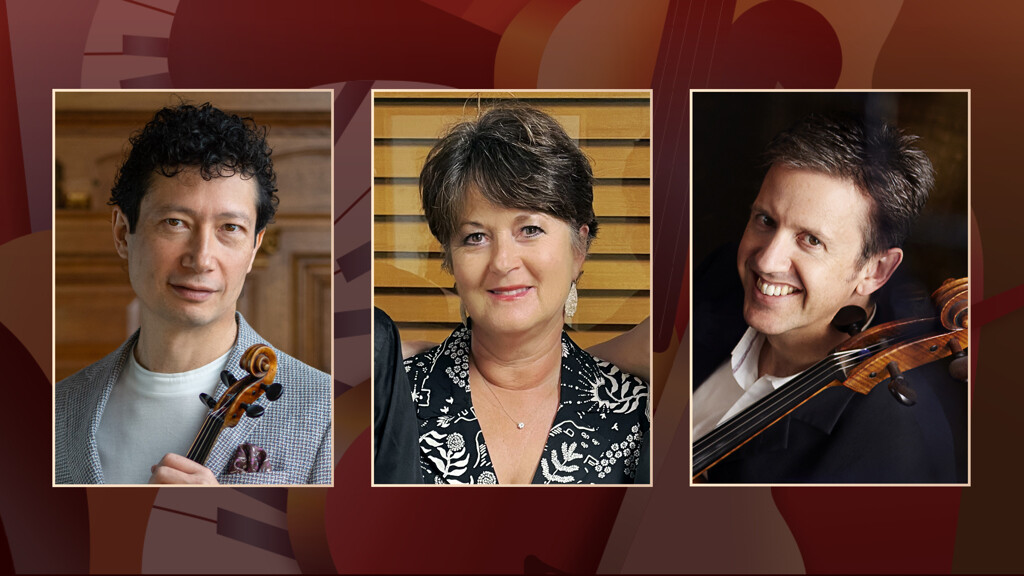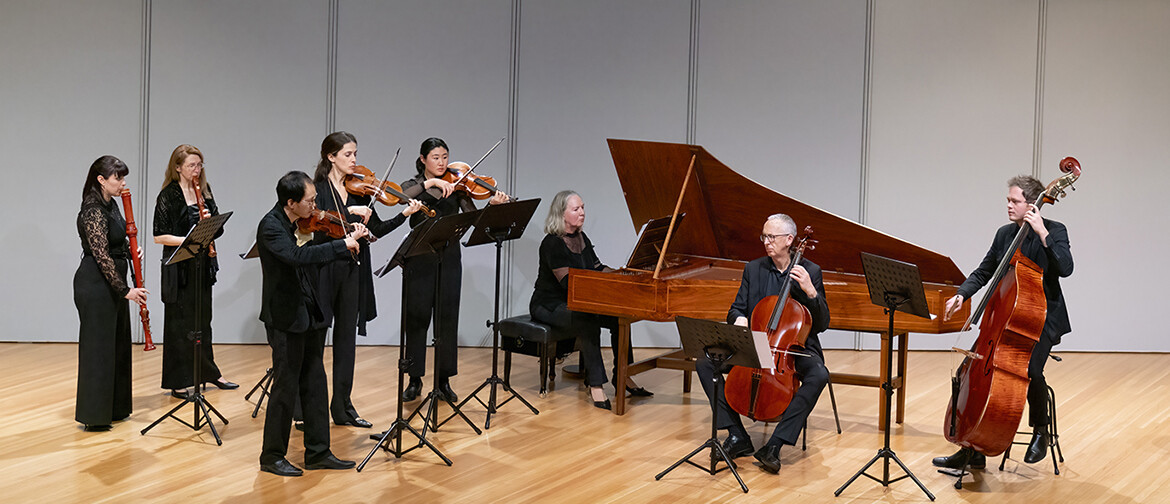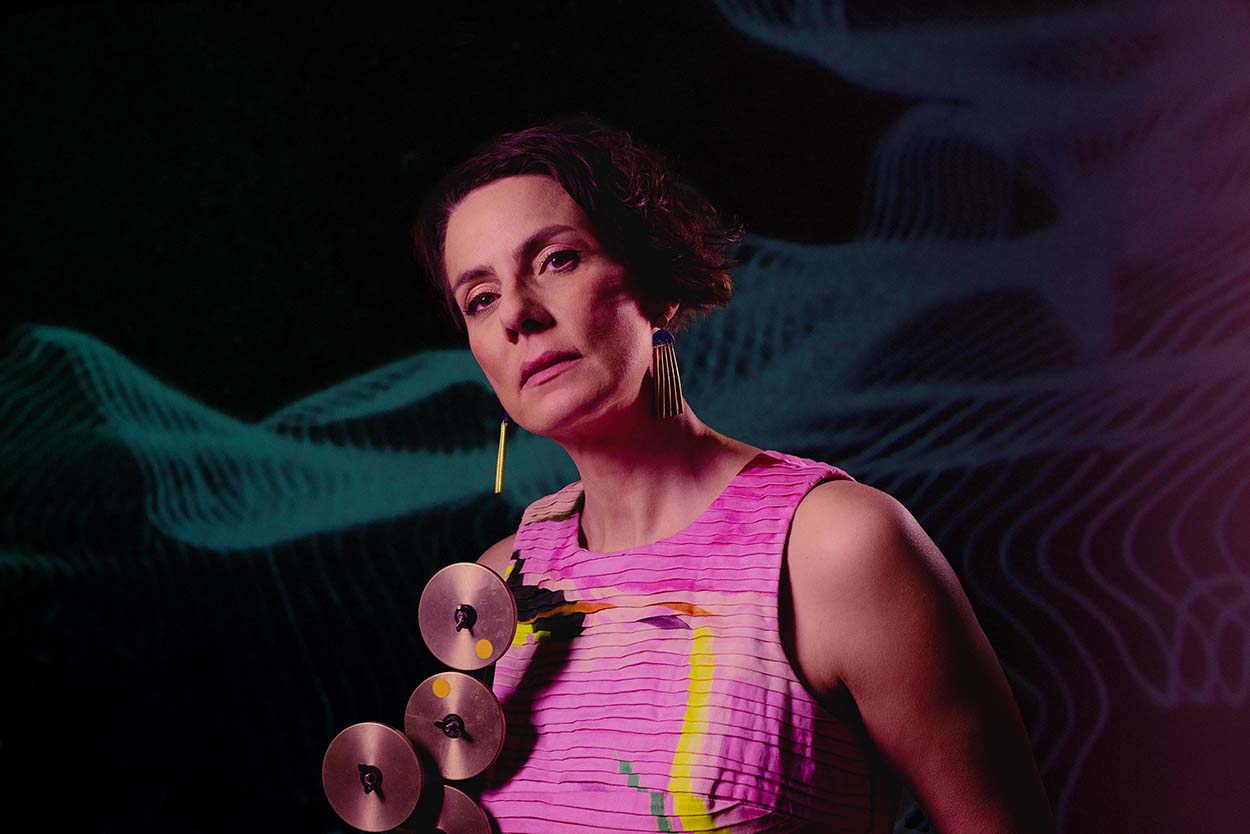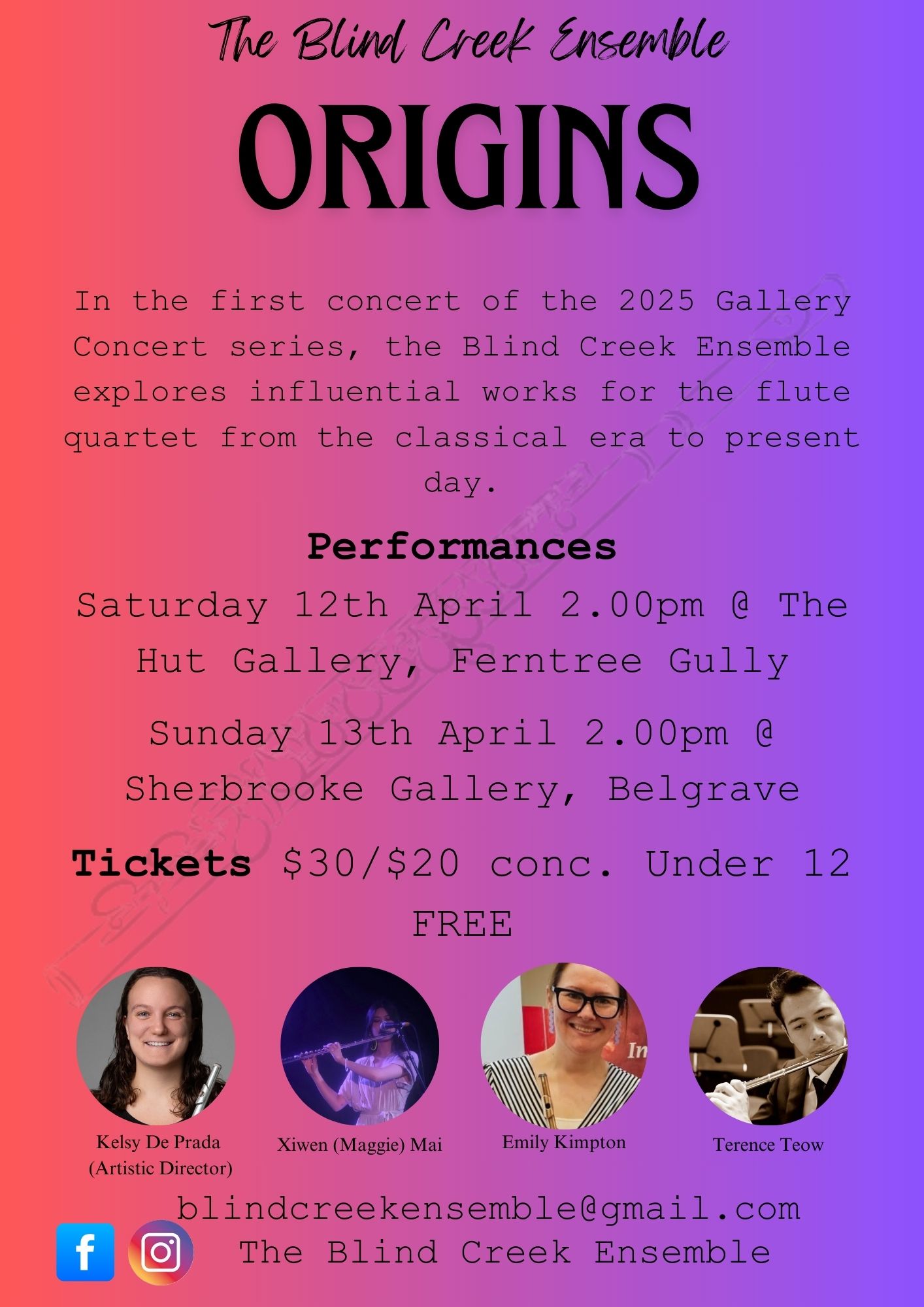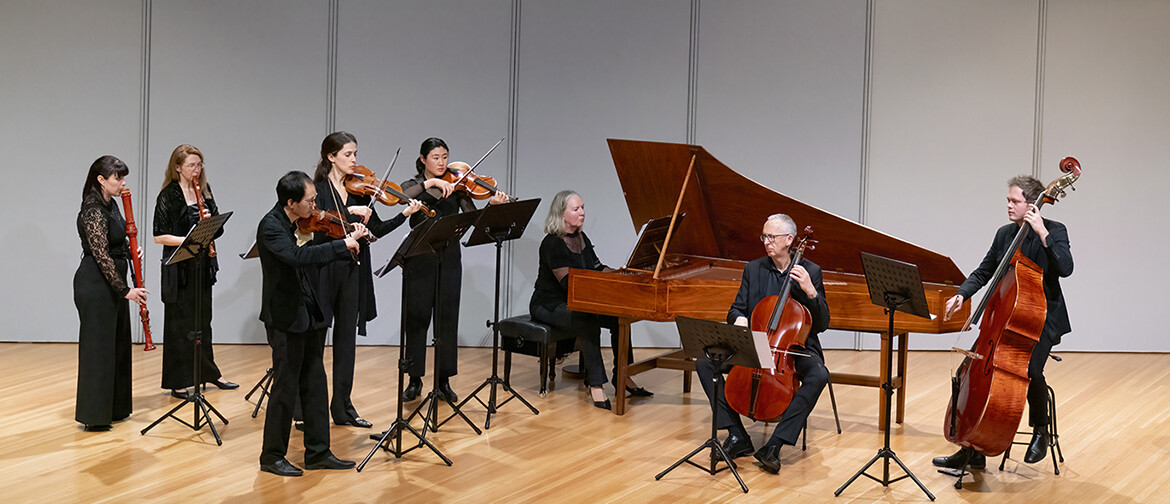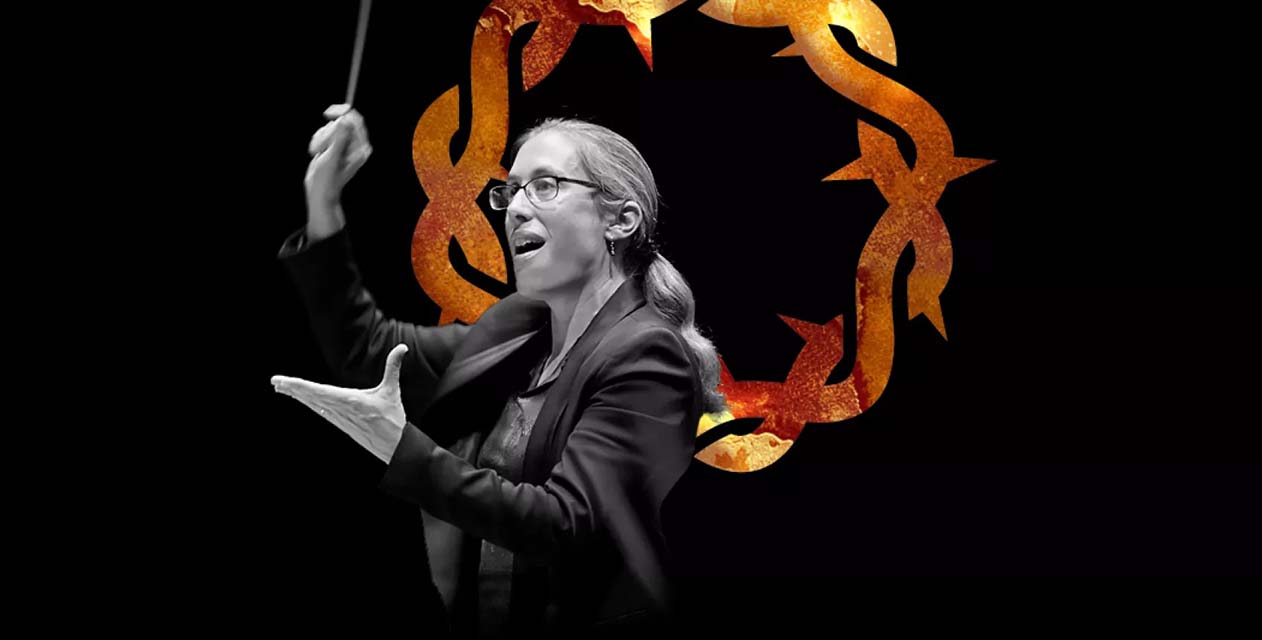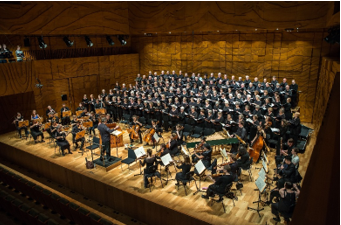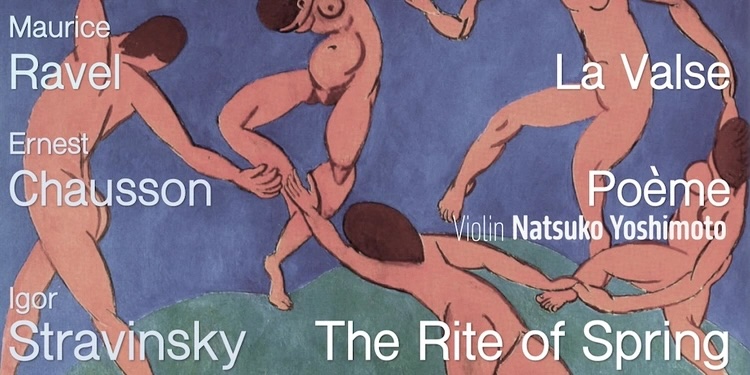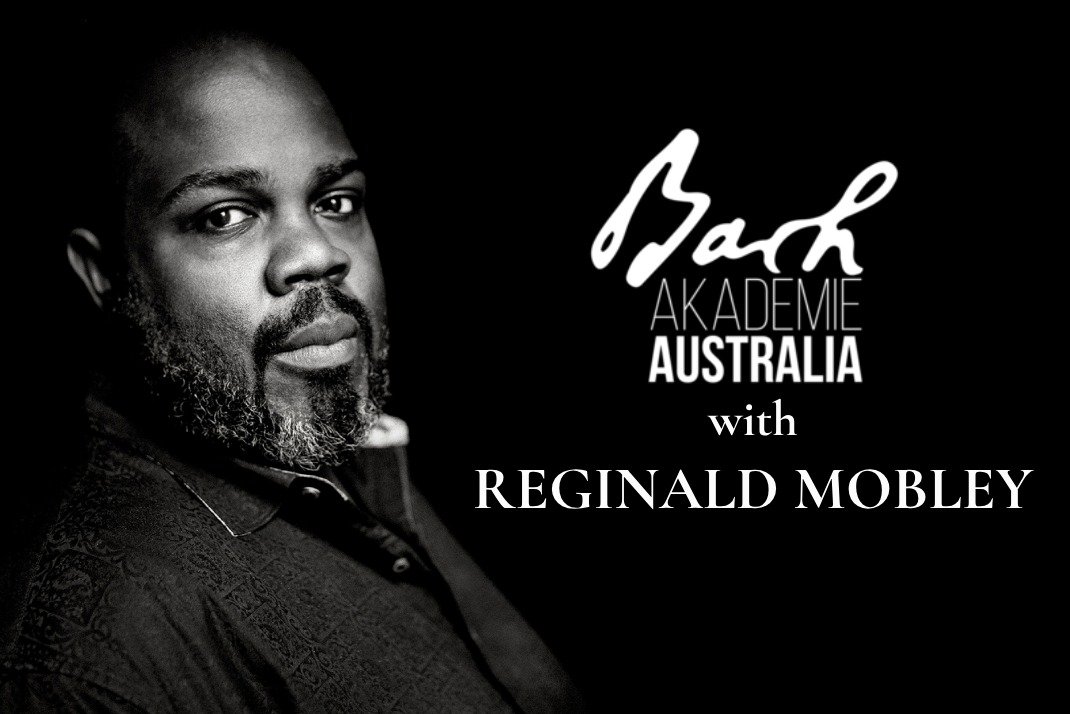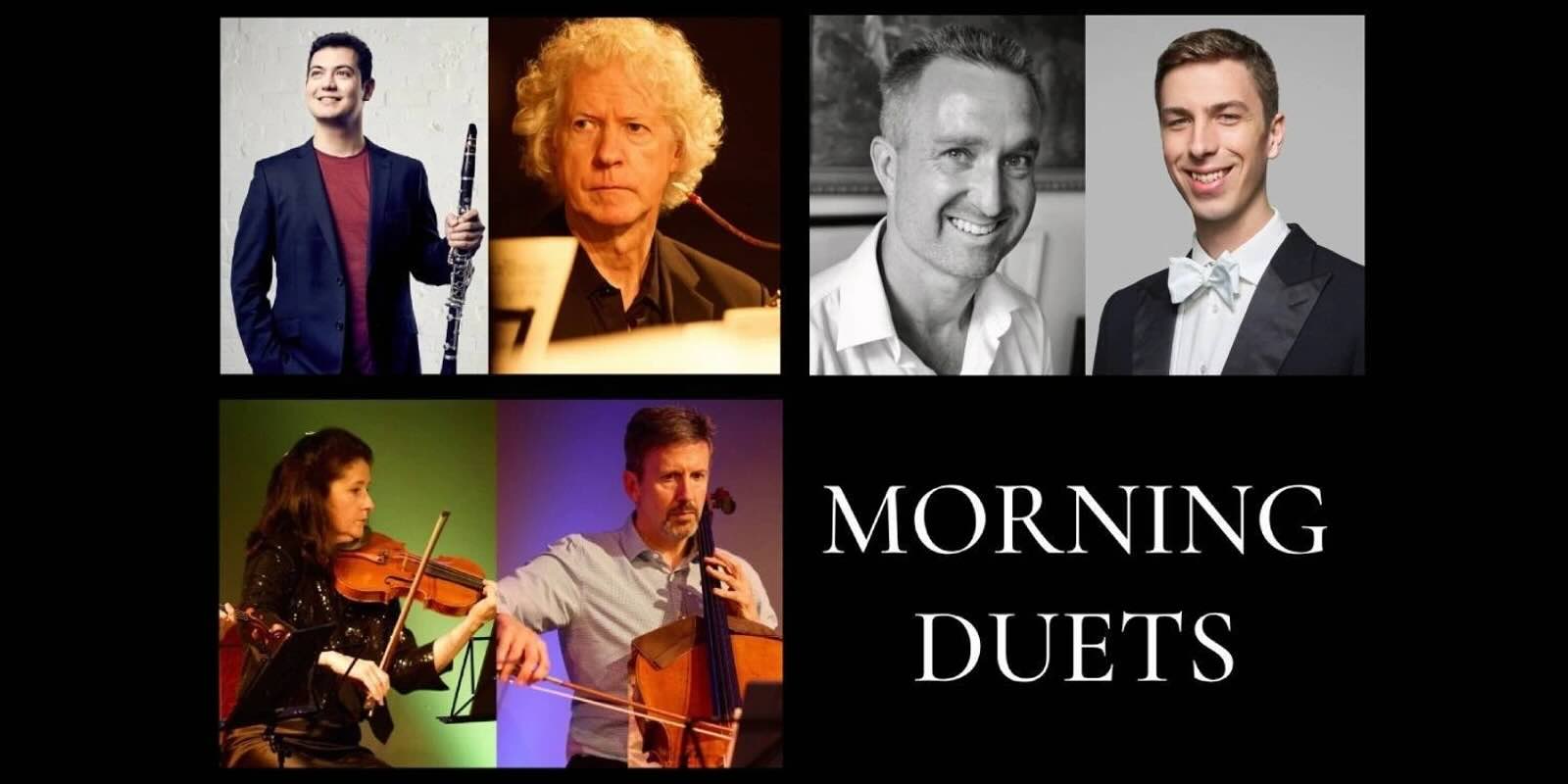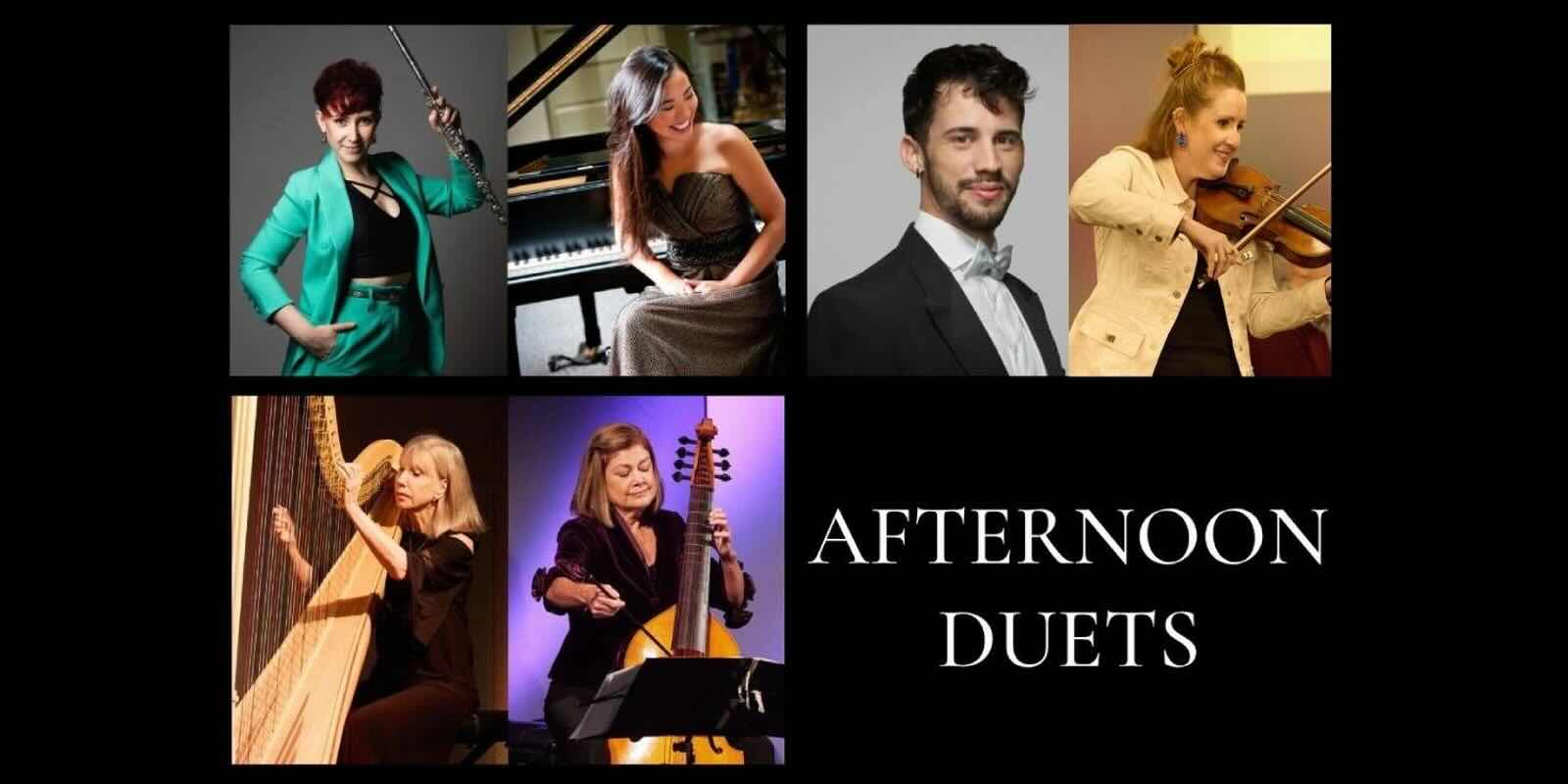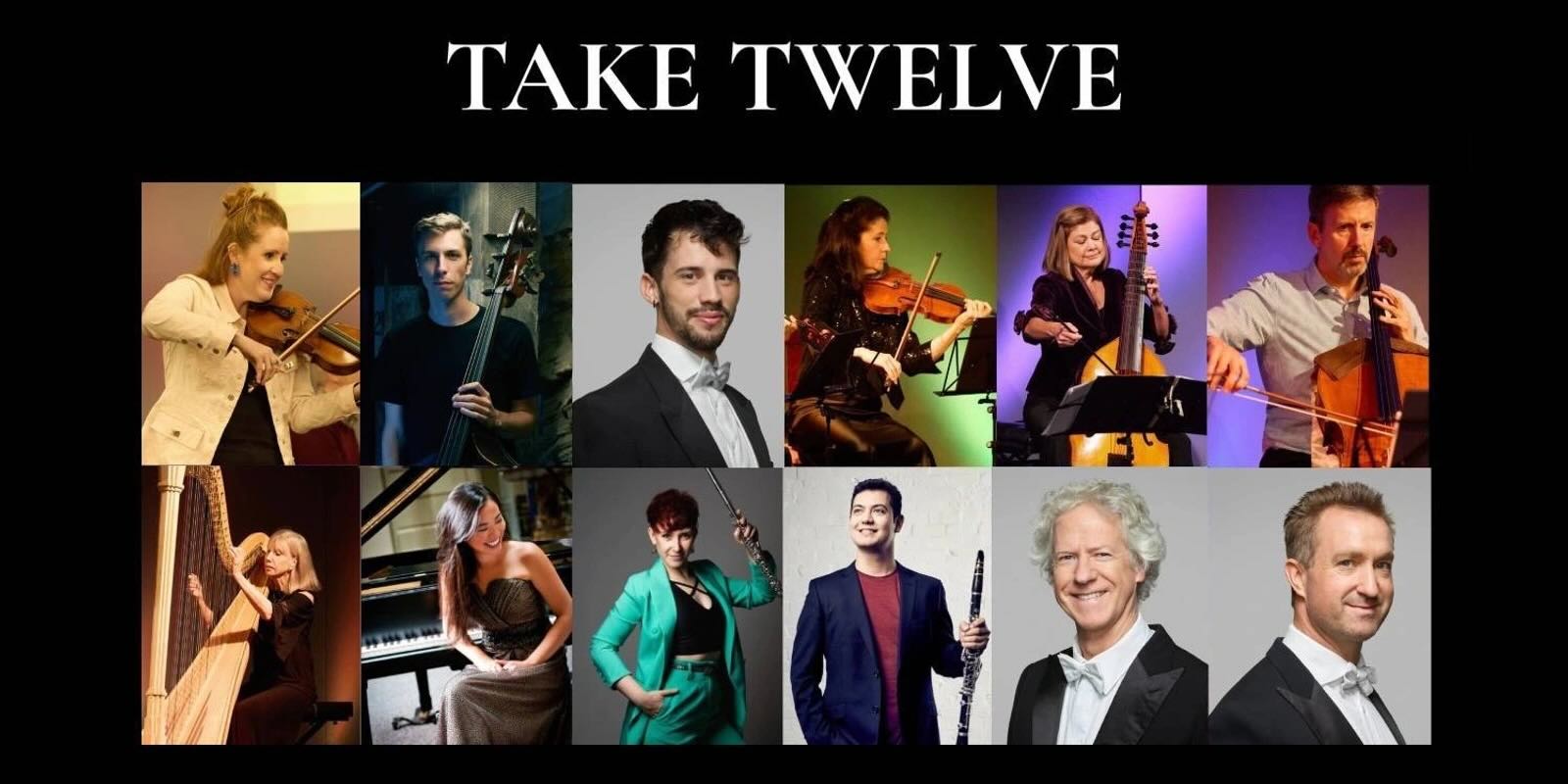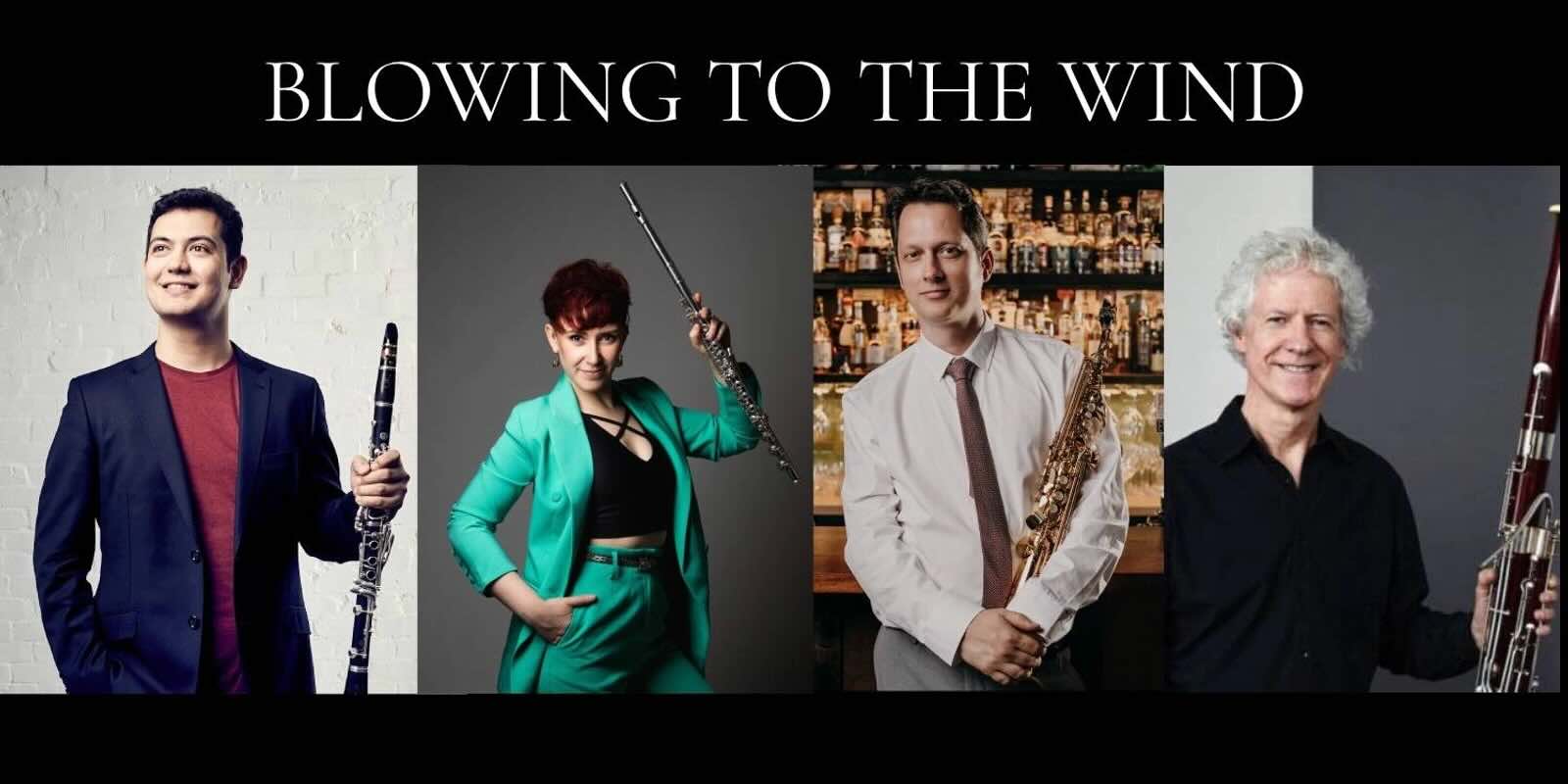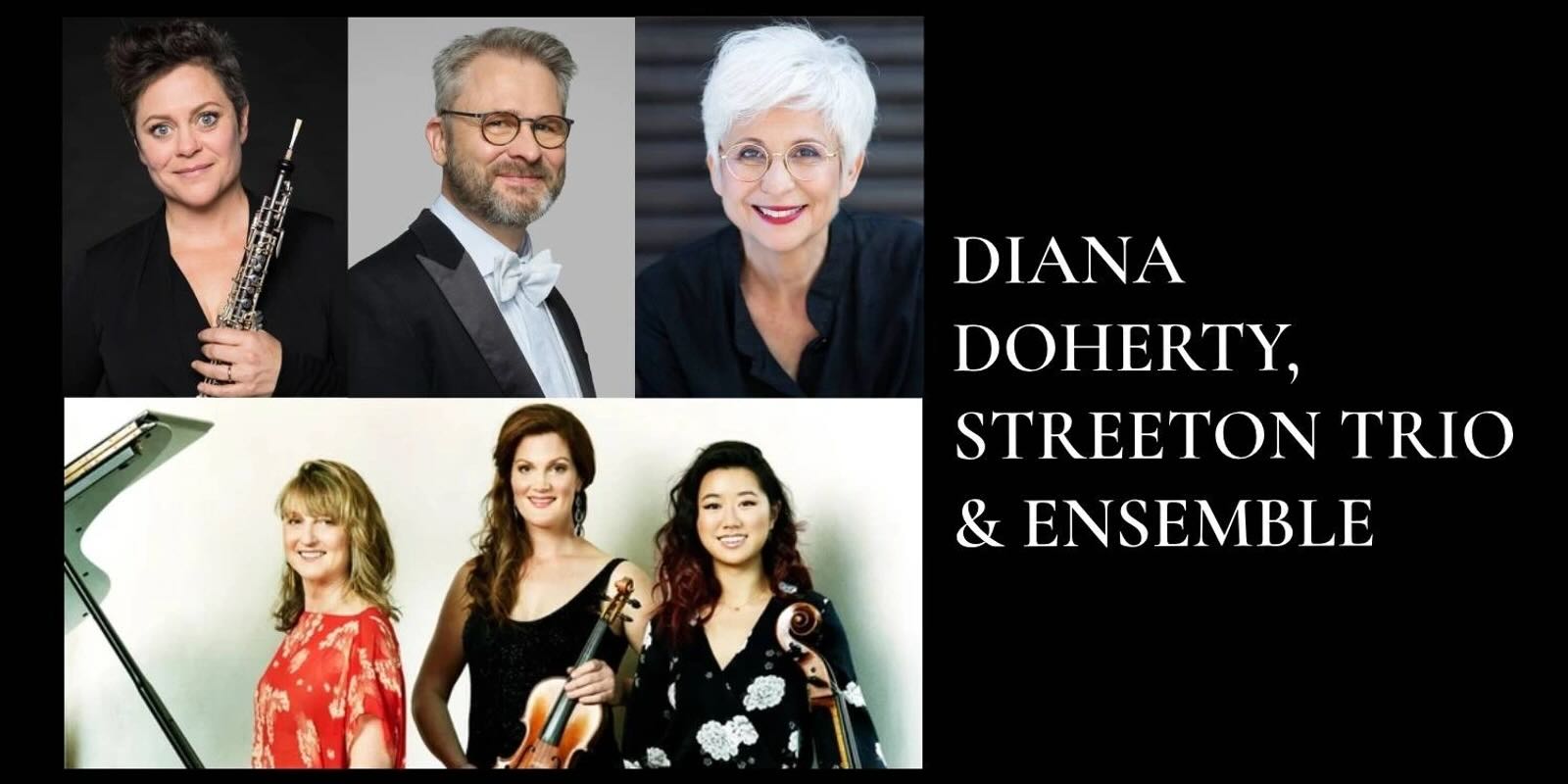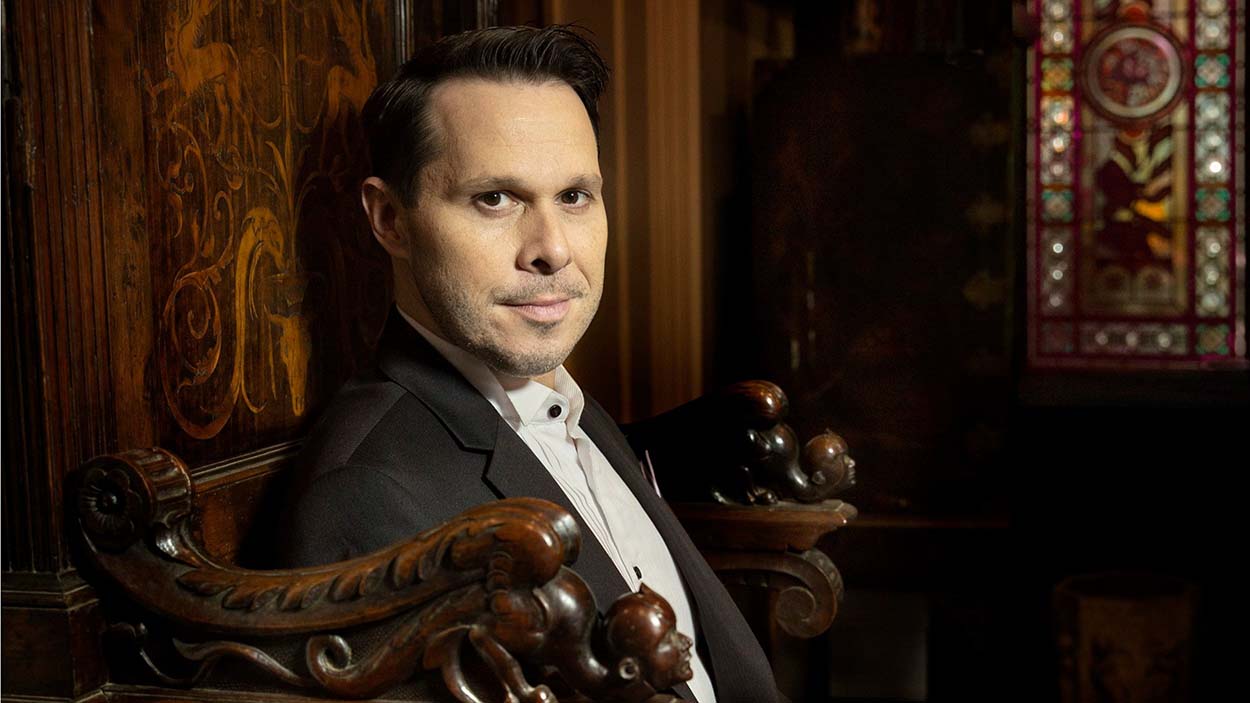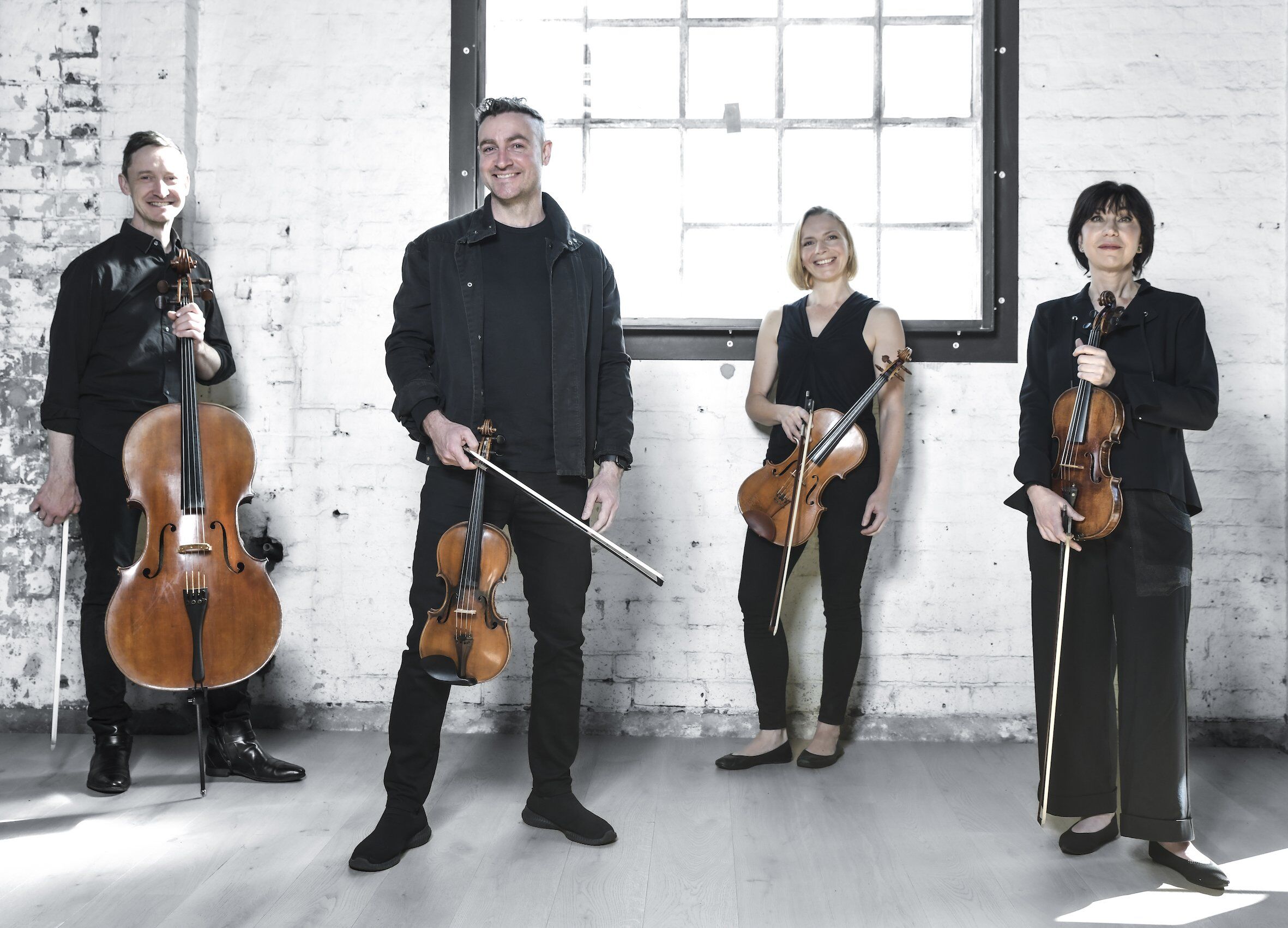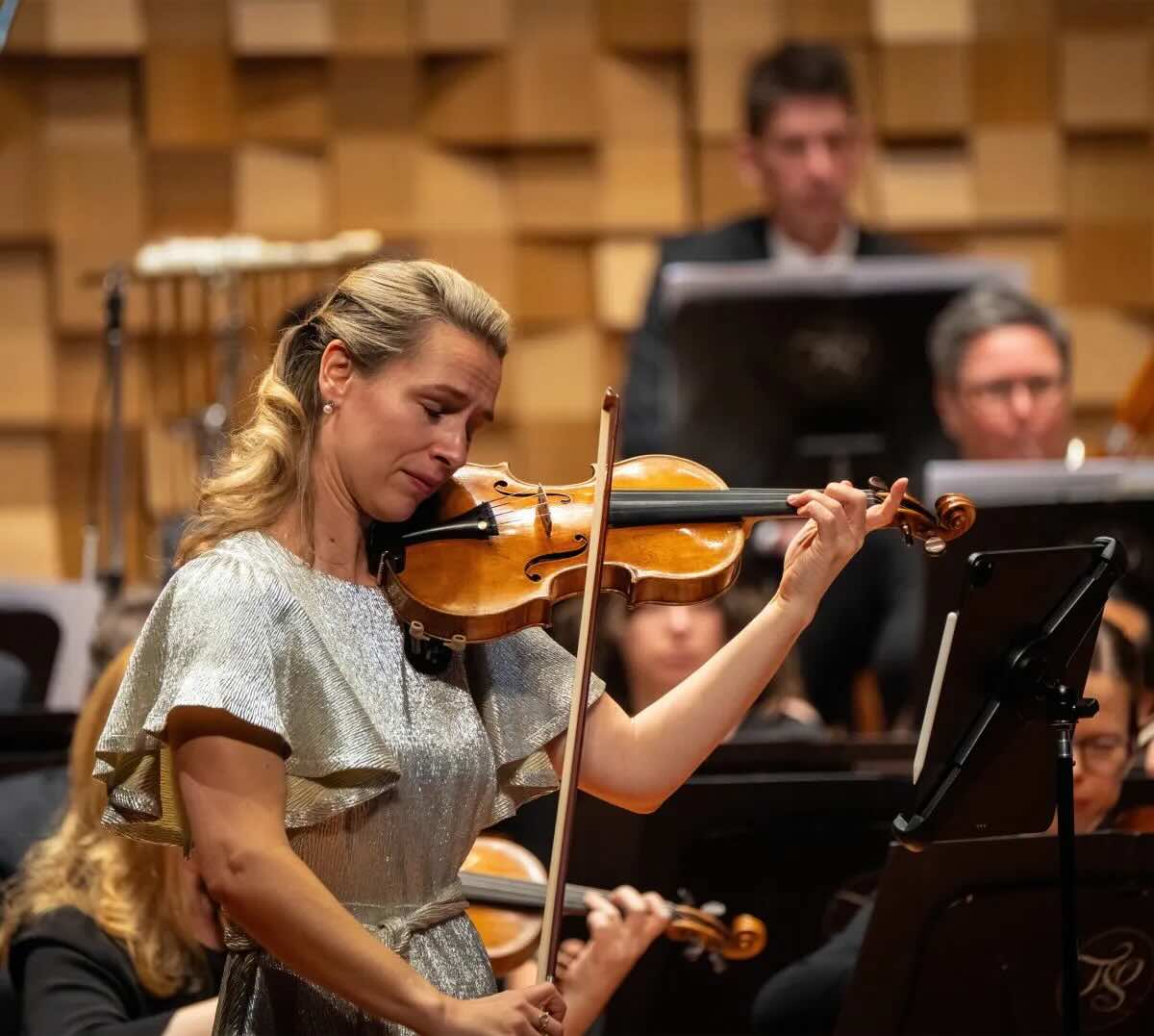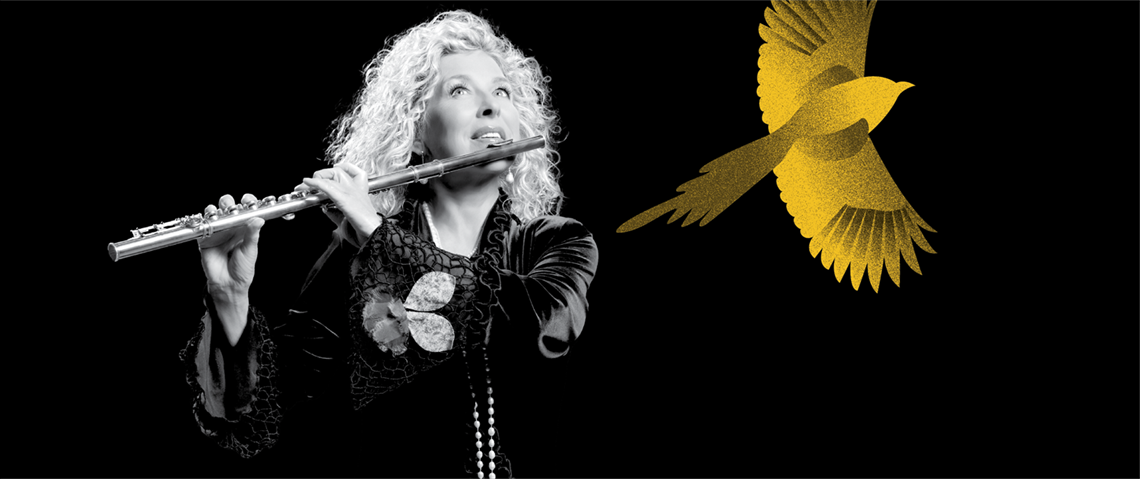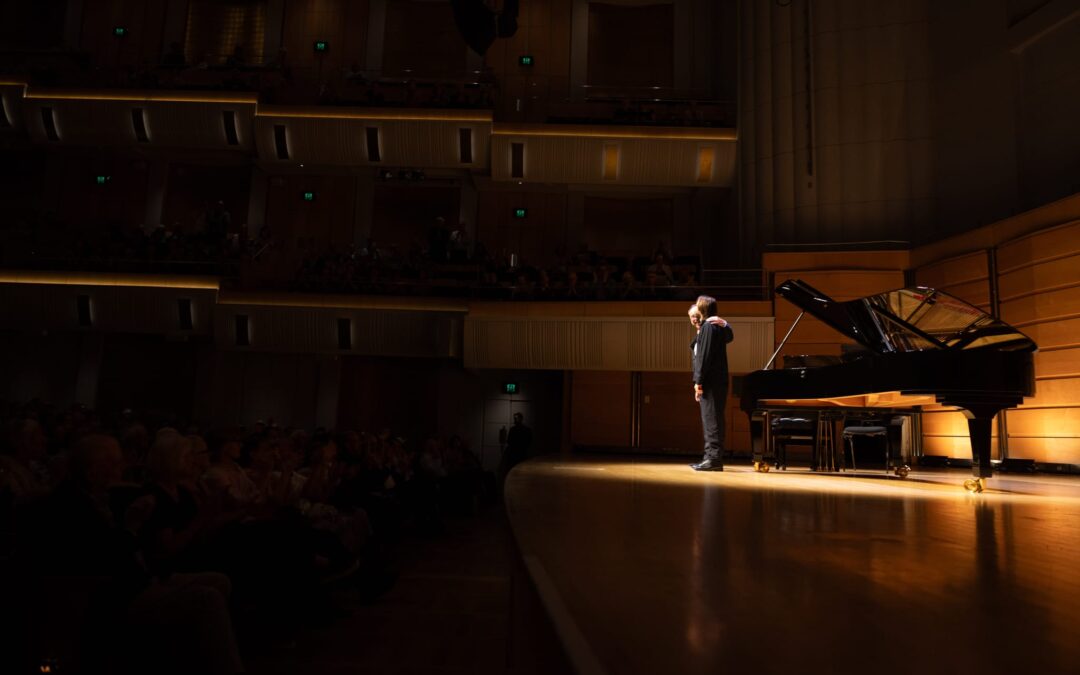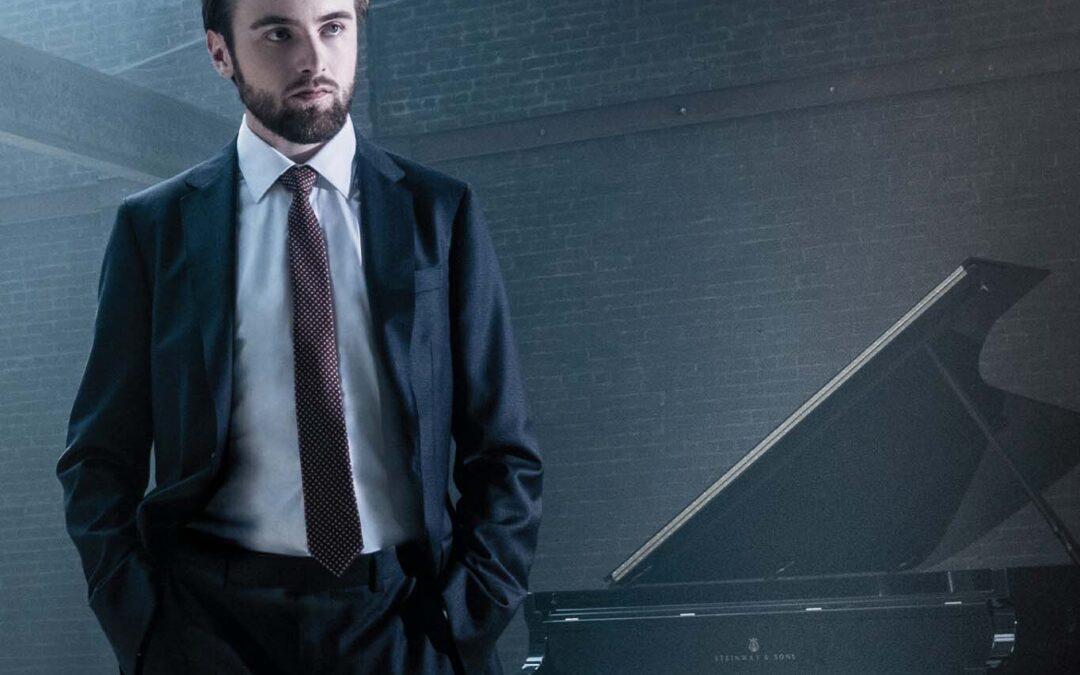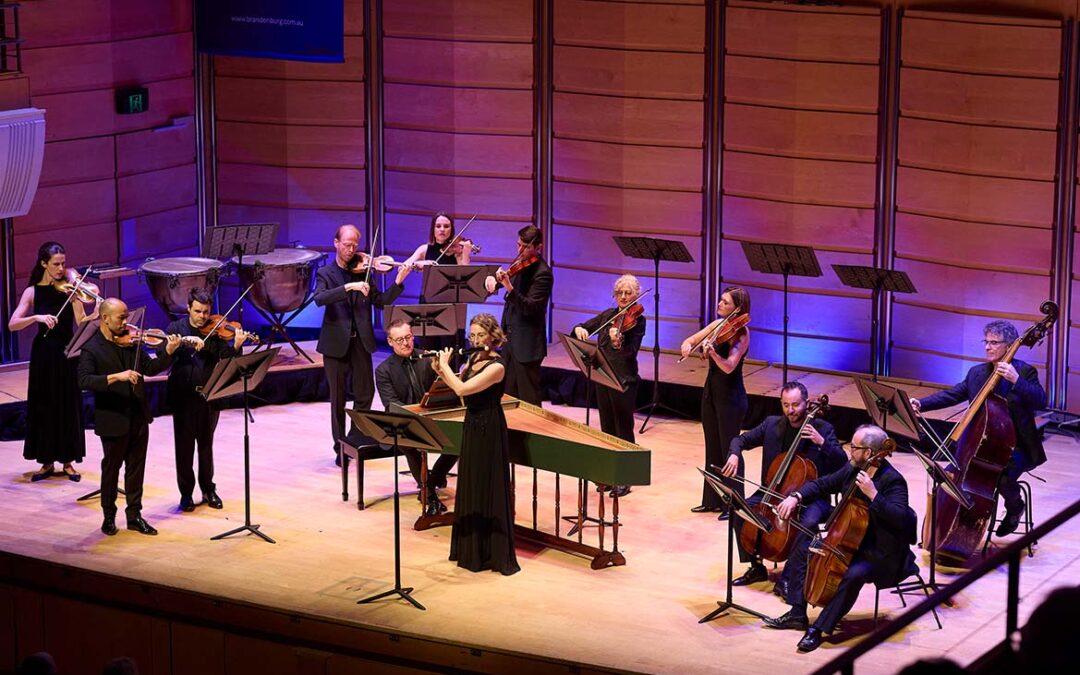Music, She Wrote Concert 2 – The Wave in the Mind
March 21, 2024, Tempo Rubato, Brunswick, VIC
Katie Yap, viola/voice/curation – Mindy Meng Wang, guzheng – Helen Svoboda, double bass/voice
Music, she wrote – and indeed, Katie Yap, Helen Svoboda and Mindy Meng Wang wrote, sung, and soared.
Presented by local arts community staple 3MBS Melbourne, this integral festival and annual highlight returned for its 2024 iteration, with the bitter-sweet reality of it being Katie Yap’s final offering as lead curator after much previous success. Nonetheless, MSW again provided multiple diverse and engaging concerts, this time fittingly at beloved music venue Tempo Rubato, with this review’s focus on concert 2 in the series. Notably, the emphasis on mother muse and Greek goddess of memory Mnemosyne was an evocative conceptual context, and particularly proved powerful when highlighting the pervasiveness of memory in humanity and MSW’s overall to “continue champion[ing] the stories we tell and the music we make, until a festival celebrating women in music seems as ridiculous as one celebrating men—until it is only a distant memory.”
The program featured a well-balanced, self-reflective canvassing of the ensembles’ own compositions, both individual and even co-composed, with an additional work by Teri Young prior to intermission. The concert operated in two distinct parts structurally, with the first flowing between shorter works in effective subsets between Svoboda, Yap and Meng Wang, followed by the second culminating in a singular, namesake group improvisation.
First was Svoboda on the double bass, with electronics and crystal vocals also at their disposal. Their two works, Snow Grass and When it Rains seamlessly flowed into one another, owing to Svoboda’s clear ability to create and hold presence in one continual space. Snow Grass reflected on a residency in Finland that was both alone yet not lonely, mirroring imagery of sun hitting the frosted greenery with glistening string harmonics. The addition of Svoboda’s crisp vocals in effectual unisons later in the work grounded any preceding sense of structural ambiguity and set up When it Rains quite well. The juxtaposition between Svoboda’s percussive double bass raindrops and their ethereal voice in this work built delicious tension, which allowed Svoboda to reach emotional vocal heights before trailing off in tasteful fragmentation.
With the evening’s ambience established, Meng Wang and Yap joined forces as a duo in Migrant Swift, reflecting on both of their shared Chinese/Australian identities – exploring the bird poetry of Judith Wright and the “sense of daring of any Migrant, human or animal, to cross an ocean without real knowledge of where exactly it is you’re going”, as Yap aptly illuminated. Yap offered an engaging poetry reading of Wright, which added an appreciated cross-disciplinary contextual aspect prior to the notes being materialised. This co-composition masterfully blended the blossoming bursts of sounds from Meng Weng’s guzheng with Yap’s rich viola. An ensuing folk-like cell then created by Yap weaved around Meng Wang’s atmospheric tonal wash, before reaching a more departing, ominous realm of atonality and extended techniques by both parties – conveying more of the urgency and adversity one might face in the unknowns of migrant travel. After impressive soloistic moments by both duo counterparts, the duo entered a final hymn-like section manifested by a viola drone and purposeful plucks from the guzheng, alternating with melodic lines and tremolos between them in melancholic lullaby.
With so much depth already engaged with, Young’s Prayer was the perfect shift to the air in the room to bring the audience together before interval, and really spoke to Yap’s strong vision as a curator. Yap divided the audience in three harmonic parts, the main theme, the ‘same-note centric’ viola (which received many heartfelt giggles) and the sopranos. Becoming one with Yap, Svoboda & Meng Wang in performance, you can trust in the reliable audiences of Tempo Rubato to found a gorgeous ad hoc choir of harmony within seconds! Audience participation can sometimes feel cheesy or ineffective, but the choice of Young’s folk-like Prayer in Tempo’s intimate space was nothing short of special.
In the concert’s final offering, Meng Wang introduced The Wave in the Mind, contemplating a memory of them visiting a village in China and embodying the unique feeling and life of the women there – particularly of how time is so treated differently and how gender equity has historically operated. They utilised the entire ensemble in collaborative synergy, first initiated by scene-setting solo guzheng and electronics, before vibrant double stops by Yap and energetic pizzicato by Svoboda entered the mix. Yap and Svoboda proceeded to skilfully fuse their voices into joint harmony, before Yap expanded with affecting soloistic vocal folk lilts. Comparably, Meng Wang’s different ostinati and multi-faceted textural gestures throughout the improvisation proved as vital glue for work, allowing Yap and Svoboda to draw from neighbouring Greek myth and become these enchanting Sirens. In its final moments, the improvisation drew from the concert’s own live-written memory of lullaby-like moments throughout the night. Delicate hums led by Meng Wang echoed amongst the ensemble in a comforting end to an evening of remarkable genre-bending storytelling, introspection and delicate strength.
As a concert based on memory, this one will stay with me, and I am sure many others, for quite a cherished while.
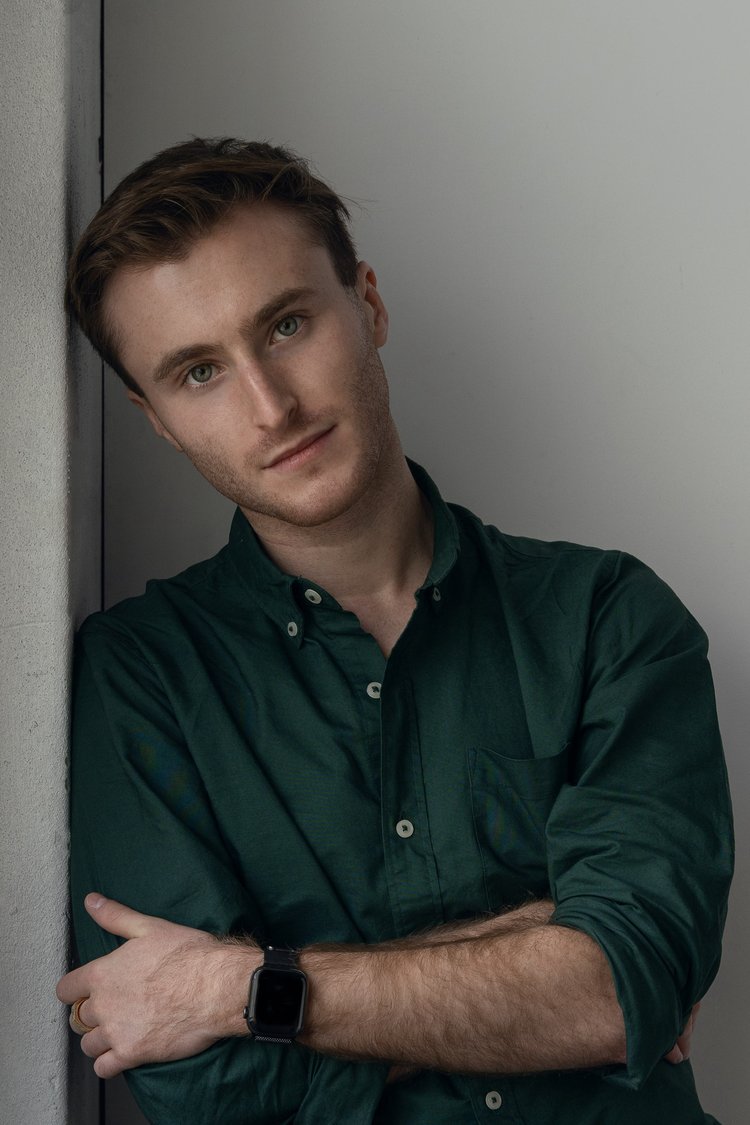 Guest reviewer Rob McIntyre
Guest reviewer Rob McIntyre
Drawing on nature, important causes and the personal, Robert McIntyre b.1998 (he/him) is an Australian Naarm/Melbourne-based, award-winning composer whose music creates an atmosphere of discussion and reflection. He finds, collects and brings awareness to moments, holding space for them in order to achieve a multi-faceted sense of visibility. McIntyre holds a Bachelor of Music (Honours) in Composition with First Class Honours from the Melbourne Conservatorium of Music, supervised primarily by Prof. Stuart Greenbaum and Dr. Katy Abbott.




